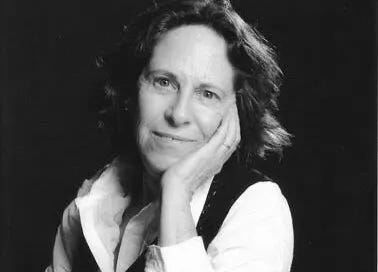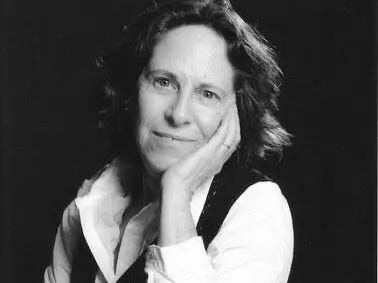The Life Review (Connie Zweig, PhD)
Listen now (54 mins) | “There's no generation before us that’s had this opportunity to find this treasure..."
You can also find this episode on Spotify, or wherever you get your podcasts.
Connie Zweig is one of the most incredible thinkers and therapists working with Shadow, which is the Jungian concept. She wrote many, many years ago, the anthology of thinkers on shadow called Meeting the Shadow: The Hidden Power of the Dark Side of Human Nature. Then she wrote…
Keep reading with a 7-day free trial
Subscribe to Pulling the Thread with Elise Loehnen to keep reading this post and get 7 days of free access to the full post archives.





